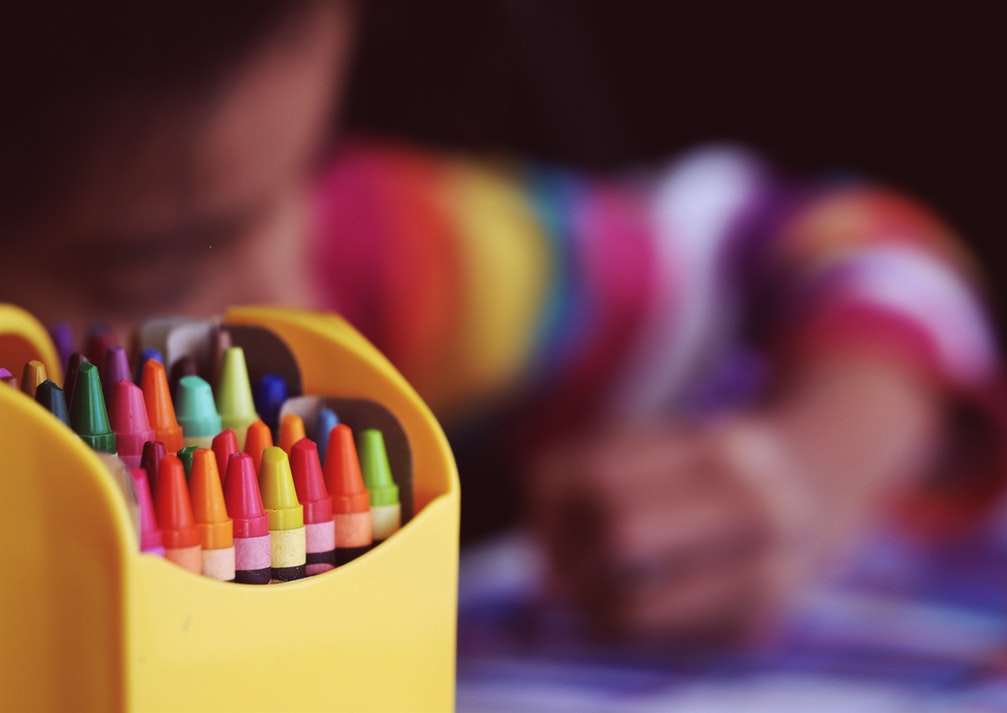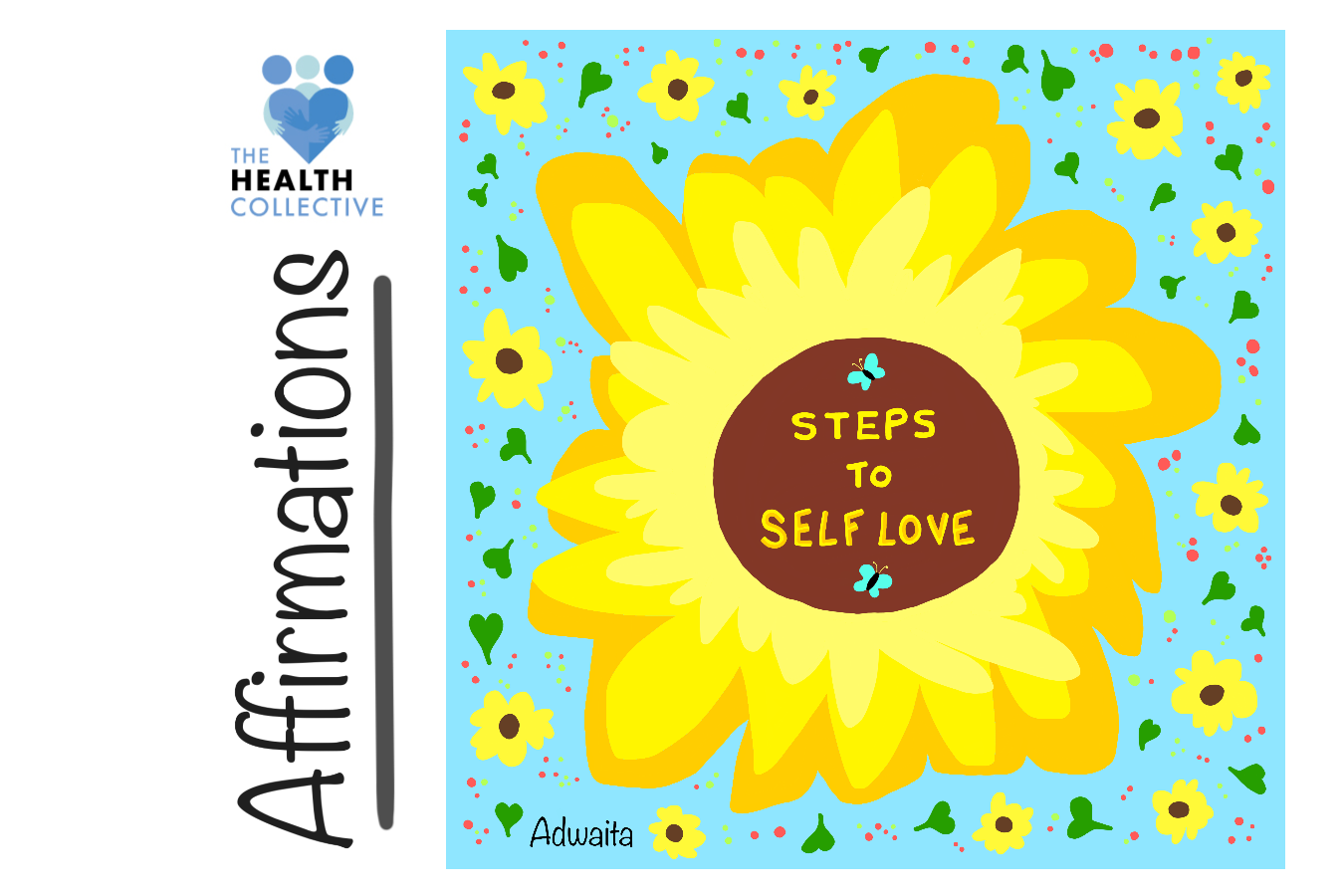Ask the Experts: Child and Adolescent Mental Health
By Dr. Maria Luisa Hincapié
We all want our children to be healthy and happy. While we promptly whisk our kids off to the emergency room or the pediatrician when they are physically ill; many parents struggle when confronted with mental illness in their progeny. There is still a lot of stigma attached to seeking help for emotional or mental difficulties, despite the fact that the World Health Organization places suicide as the third leading cause of death in teenagers worldwide and in some countries in 10-14 year olds as well. The mental health issues that lead to suicide begin in childhood and can be prevented if at-risk children receive help.
In my practice, the most common pathologies in children ages 3-12 are Anxiety, Attention Deficit-Hyperactivity Disorder (ADHD), Oppositional Defiant Disorder (ODD) and Post-Traumatic Stress Disorder (PTSD). Adolescents also present with Depression, Eating Disorders and Conduct Disorder (CD). Illnesses such as Bipolar Disorder and Schizophrenia present less frequently but early signs can be found by trained professionals. All of these are risk factors for the development of social isolation, depression and suicidal thoughts. Furthermore, ADHD, ODD and CD predispose children to high risk behaviors which can lead to unintentional injuries (the leading cause of death in children ages 1-18).(1,2)
Signs of mental illness in children and adolescents are not always straightforward.
Some things to look for are:
-irritability
-changes in behavior (withdrawal, change in peer group, change in eating habits)
-intense fear of specific situations or people
-frequent headaches or stomach aches
-inability to speak out loud in known environments such as school
-inability to focus on tasks
-inability to stay still even when asked to
-defiance towards adults
-rule breaking
-academic difficulties
-substance use
-self injury
By the time, teenagers come to me they already have 2 or more diagnoses. Parents are often surprised to learn that their teenager’s troubles began years before they ever thought to seek help. The gradual onset of symptoms can be confusing and are often attributed to growing pains. Here’s the thing — growing up shouldn’t be painful! It should be fun, exciting and enjoyable.
Many children suffer in silence too afraid to speak about being abused.(3) The growth of the internet provides us with access to information unfortunately it also provides new spaces for children to be bullied.(4) Wars, displacement and natural disasters are on the rise leading to traumatic experiences for children everywhere. Helping these children get back to normalcy as soon as possible is imperative.(5)
Therapy, exercise, sleep and good eating habits can go a long way in preventing mental illnesses.(6)
Meditation, mindfulness and teaching children how to identify and regulate their emotions are also helpful. (7)
Sometimes medications are necessary. Many parents struggle with the idea of medicating their children. Medications have side-effects, but these are mostly mild in comparison to the long term hormonal changes that occur when living long term with mental health issues. (8)
Speak to your children about drugs, about abuse, about bullying, about online dangers but also speak to them about their day, their friends and their feelings. Let them know its okay to come to you if they are worried or sad and be prepared to get them the help they need. Do not be afraid to get help, what you don’t do can hurt your children.
ALSO WATCH: DR AMIT SEN ON BULLYING IN INDIA
References and Further Reading:
- http://www.who.int/maternal_child_adolescent/epidemiology/adolescence/en/
- http://www.cdc.gov/injury/images/lc-charts/leading_causes_of_death_age_group_2014_1050w760h.gif
- http://www.helpguide.org/articles/abuse/child-abuse-and-neglect.htm
- https://www.stopbullying.gov/cyberbullying/what-is-it/
- http://www.nctsn.org/content/helping-young-children-who-have-been-exposed-trauma-families-and-caregivers
- http://www.mayoclinic.org/diseases-conditions/mental-illness/basics/prevention/con-20033813
- http://childmind.org/article/the-power-of-mindfulness/
- http://www.aacap.org/aacap/families_and_youth/facts_for_families/FFF-Guide/Psychiatric-Medication-For-Children-And-Adolescents-Part-I-How-Medications-Are-Used-021.aspx






Pingback: The Freedom Series: Coming to Terms With Your Sexuality
Pingback: Body Image and You: Digging Deeper
Pingback: Long Read: Anxiety Disorders in India